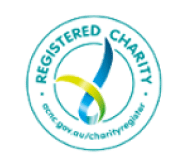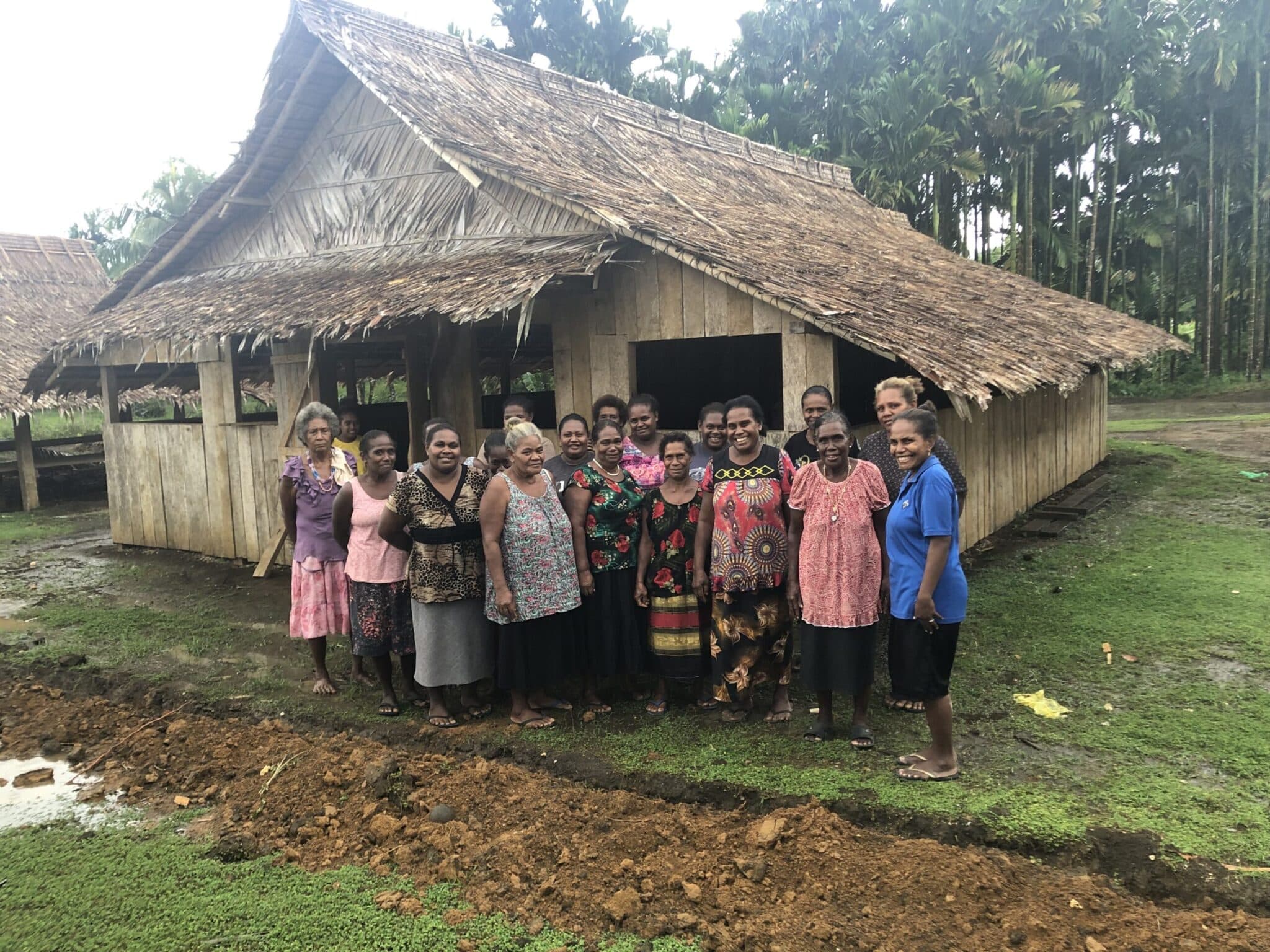
The Anglican Church of Melanesia – Solomon Islands
Anglican Overseas Aid has been partnering with the Anglican Church of Melanesia (ACOM) in the Solomon Islands since 1992. AOA partners with ACOM- Solomon Islands to create safer and more cohesive communities while responding to the impacts of climate change.
The Anglican Church of Melanesia has a range of activities as an active church in the Pacific. Social and community development work includes health and education (including adult literacy), community development, child protection, working with people with disabilities, gender programs, family violence programs, responding to climate change, and disaster risk reduction.

